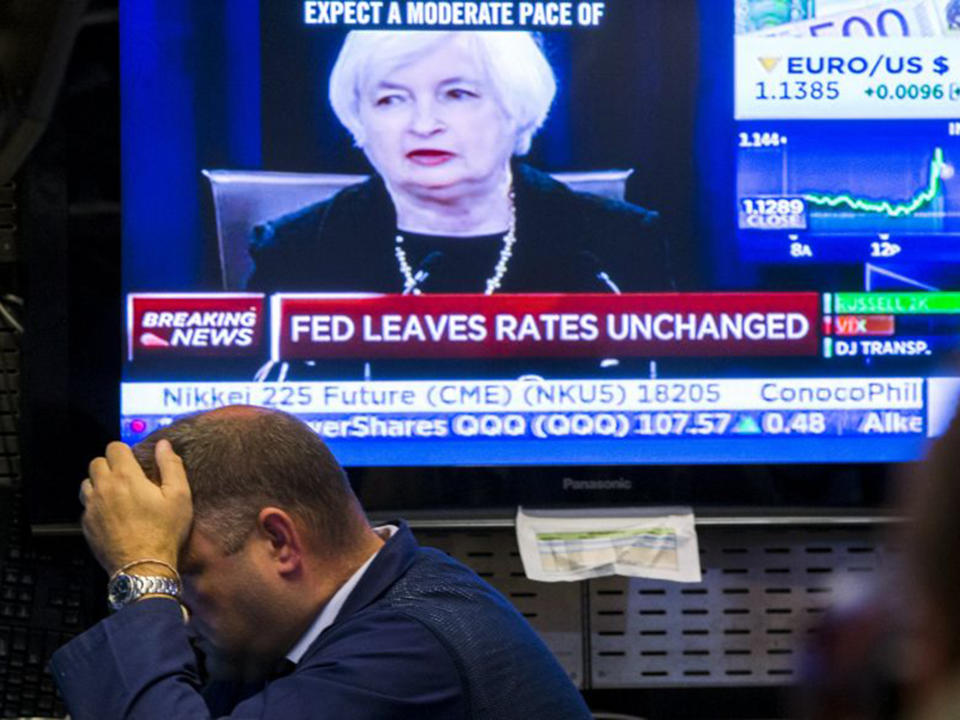The economic trends to look out for in 2018

This is the last “five things” column of 2017, and rather than focus on what might happen over the holiday season, it seemed more sensible to look forward to next year. My list of top five things to worry or cheer about runs like this.
First, how will the boom in asset prices end? It is of course possible that the boom will run through to 2019, but that feels unlikely. The most extraordinary example of the bubble is what has happened to bitcoin, but behind that is the point that we have had a bull market in just about everything. The result has been that most asset classes are at or close to long-term historic highs, with a bit of variation of course from market to market.
This will end. We just don’t know how or when. The “how?” question is troubling because there are a huge number of suspects. It may simply end because major investors get the collywobbles and decide it is time to play safe. It may be because there is a hint that for whatever reasons the long economic boom is drawing to a close, for ultimately the main thing that underpins asset prices is economic growth. By the end of next year the US will have had the longest expansion for half a century. It may be a burst of current inflation driving up long-term interest rates. Or it may be some geopolitical disaster. Or it may be something that none of us have thought of. My point is simply that how it ends – in a semi-controlled way or in a mega-mess – matters a lot. Control is better than mess.
That line of thought leads to the next thing to ponder: the response of the central banks. Interest rates have to go up, but how fast? Or to ask the question another way, might rates rise much faster than the markets currently expect? The long period of near-zero rates has done huge social damage. A policy designed for an emergency, and deployed successfully in the aftermath of the banking crash, has become to all intents and purposes permanent. Or so it must seem to many borrowers: until a month ago about one-third of UK mortgage-holders had never experienced a rise in rates.
Now turn to the real economy. Here there are really only two that matter, the US and China. Europe will bumble on with reasonable growth, but has a massive amount of spare capacity to mop up. Only when that has been fully employed will the underlying weaknesses be revealed again. The good cyclical story will conceal the dismal structural one.
On the US, the key question next year will be what is full capacity? If the US economy can crank up its underlying growth rate, then a lot of the present concerns will be pushed on to 2019. The idea of the President and the Republicans is that a tax cut will permanently increase the country’s capacity to grow. Most economists, not all, think this is rubbish: that it may increase growth in the short term but not the long. So we will have a live test of an economic policy and a year or so from now will have some idea of the answer.
On China there are a host of questions and I am not sure how to rank them. But near the top must be do debt levels matter? They are very high by middle-income country standards, but up to now growth has been sufficient to keep servicing much of the debt. The point here is that if you grow fast enough you can get away with a huge debt load. But when you stop growing so fast (look at Japan) your debt becomes a huge burden. The quality of the investment matters massively too, and in the case of China you have to wonder whether the money has been wisely spent. Is it really smart to build so many coal-fired power stations? Japan made the mistake of poor investment priorities, but did not have the rapid growth to enable it to escape from the burden.
Finally, what will happen to high-tech America? Will the giants continue to be feted? Or will there be push-back? It may not be fair to blame the societal problems that social networks have generated on the companies that created them. You don’t have to reveal your soul on Facebook or bombard the US citizenry with presidential tweets. But they have created this world and prospered mightily from it, so they must in some measure be held to account. Let’s see how fast the mood shifts in 2018 towards greater controls and tougher curbs on the new powers of the land.

 Yahoo News
Yahoo News 